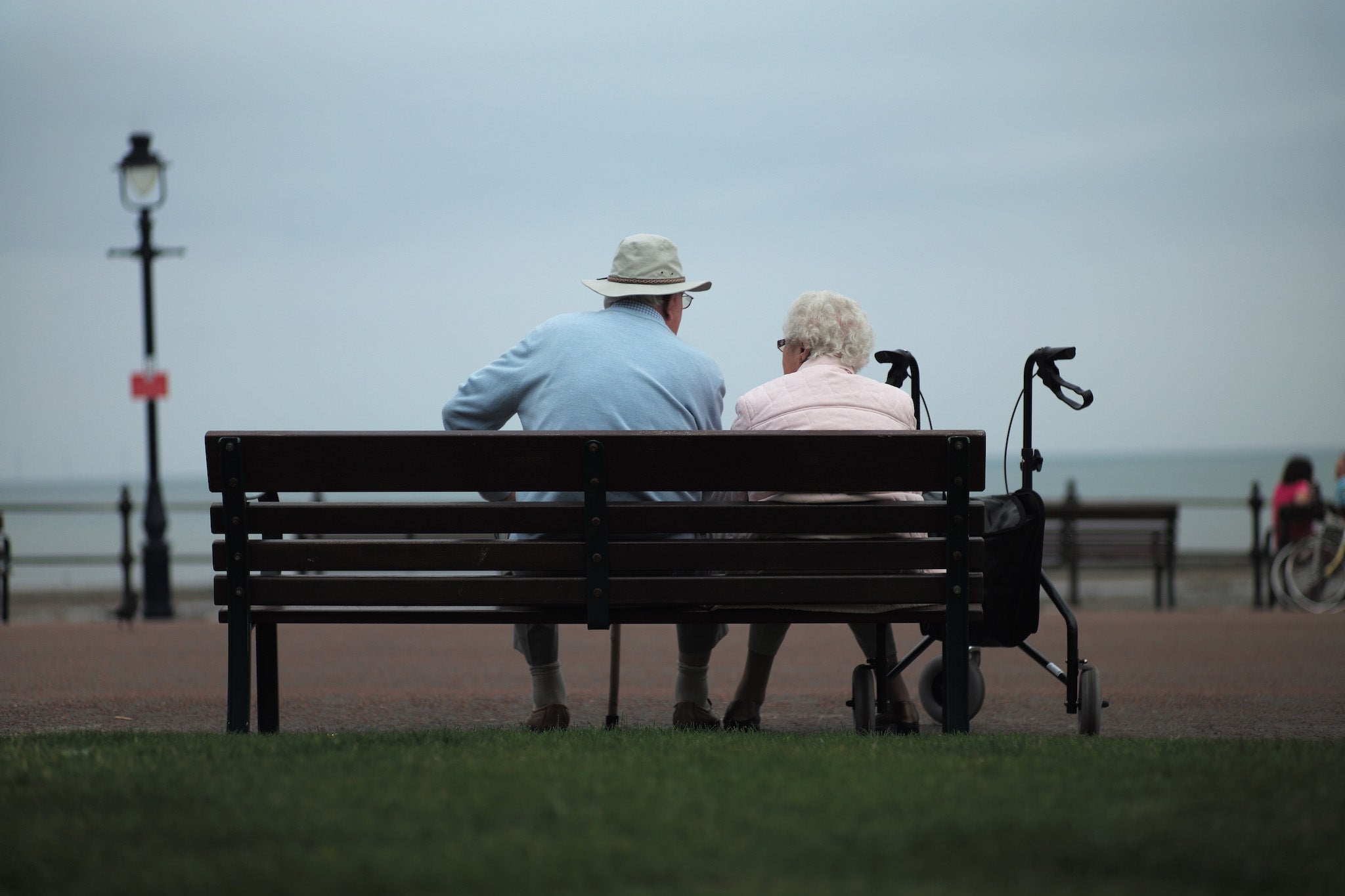Four state pension changes coming in 2022 and how they could affect you
Everything you need to know about planned changes to the state pension in 2022

Your support helps us to tell the story
From reproductive rights to climate change to Big Tech, The Independent is on the ground when the story is developing. Whether it's investigating the financials of Elon Musk's pro-Trump PAC or producing our latest documentary, 'The A Word', which shines a light on the American women fighting for reproductive rights, we know how important it is to parse out the facts from the messaging.
At such a critical moment in US history, we need reporters on the ground. Your donation allows us to keep sending journalists to speak to both sides of the story.
The Independent is trusted by Americans across the entire political spectrum. And unlike many other quality news outlets, we choose not to lock Americans out of our reporting and analysis with paywalls. We believe quality journalism should be available to everyone, paid for by those who can afford it.
Your support makes all the difference.Four changes to pensions will come into effect next year, affecting millions of retired people.
Both the state pension and pension credit will increase in 2022, and new rules will stop savers losing money on small pension pots worth £100 or less.
However, British people living in certain countries will no longer be able to count time lived abroad toward their state pension.
Here is how pensions will change in 2022:
Flat fees on small pension pots scrapped
There will be no more flat fees on small pension pots to stop “rip-off” charges.
The change will help those who have built up their pension using small workplace funds through auto enrolment schemes throughout their career.
For example, this could be those who have changed jobs frequently throughout their working life, or taken short term contracts.
£290 increase in state pension
In another welcomed change, the new state pension will increase by £290 per year from April next year.
This is in line with the September inflation rate of 3.1%. Currently, the state pension is £179.60 a week, but the £290 increase will raise it to £185.15 a week.
Per year, that’s an increase from around £9,339 to around £9,628.
The change comes after the government axed the triple lock, which usually guarantees the state pension will increase by either the highest of inflation, average earnings growth, or by 2.5%.
But, it was reduced to a double lock to avoid what could have been a potential 8% rise after the pandemic increased earnings growth as workers returned from furlough.
Those who reach the state pension age before 6 April 2016 get the old state pension, which is currently £7,1552.20 per year.
Pension credit will increase up to almost £279
Pension credit will increase next year, and couples will be able to get up to £278.70 per week if they qualify.
This will provide extra money to help with living costs if you’re over the state pension age and on a low income.
Currently, the most you can get in pension credit is £177.10 per week if you are single, or £270.30 for couples.
However, this will increase to £182.60 for single retirees and £278.70 for couples from April 2022 onwards.
New state pension rules for British people living abroad
From January 2022, British citizens who move to live in, or move between, an EU or EEA country or Switzerland will not be able to count time lived abroad in the following countries towards their state pension fund:
· Canada
· New Zealand
· Australia (before 1 March 2001)
But, those who continue to live in the UK, are living in an EU country, an EEA country or Switzerland by 31 December 2021 will be unaffected.
As long as you continue to live in the same country, you will still be able to count time living in Australia (before 1 March 2001), Canada or New Zealand to calculate your state pension.
At least 10 qualifying years are needed on your National Insurance record to be eligible for a portion of the state pension, or 35 years to get the full amount.
Join our commenting forum
Join thought-provoking conversations, follow other Independent readers and see their replies
Comments